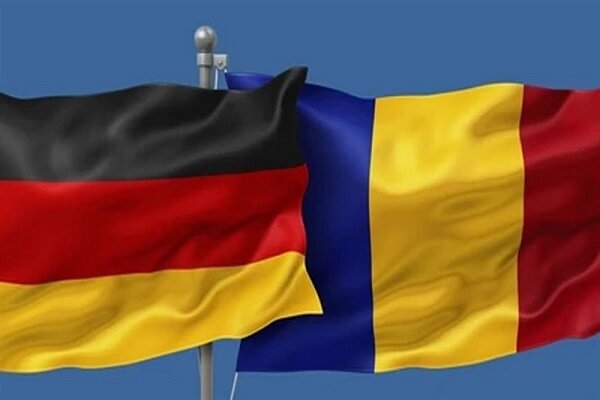In an escalating diplomatic dispute between Chad and Germany, tensions have risen as Chad’s ambassador to Germany has been ordered to leave the country within 48 hours. This decision came in response to a similar demand from Chad’s military government, which accused Germany’s ambassador to Chad, Jan-Christian Gordon Kricke, of displaying discourteous attitude and lack of respect for diplomatic customs.
The Chadian government, through its communication ministry, issued a statement citing these reasons for the expulsion but did not provide further details. However, it is believed that the move was prompted by Kricke’s criticism of delays in holding elections in Chad, as well as a controversial ruling that would allow Mahamat Deby, the interim military leader, to run in the 2024 elections. Kricke had been vocal in expressing concerns over the slow progress towards democracy in Chad, echoing sentiments raised by other countries including France, Spain, and the Netherlands.
The situation in Chad has been tumultuous since April 2021 when a transitional military government, led by President Mahamat Idriss Deby Itno, took over after the death of his father, former President Idriss Deby Itno. The initial deadline for the military government to hand over power to a civilian government was set for October 2021, but it has been extended for another two years, further exacerbating tensions and concerns from the international community.
The expulsion of Chad’s ambassador from Germany adds another layer of complexity to the already strained relations between the two countries. Diplomatic expulsions are seen as a severe measure and often signify a breakdown in diplomatic relations. It remains to be seen how this latest development will impact the diplomatic dynamics between Chad and Germany moving forward. The situation warrants careful monitoring as it unfolds, and diplomatic efforts may be needed to de-escalate tensions and restore diplomatic relations between the two nations.

